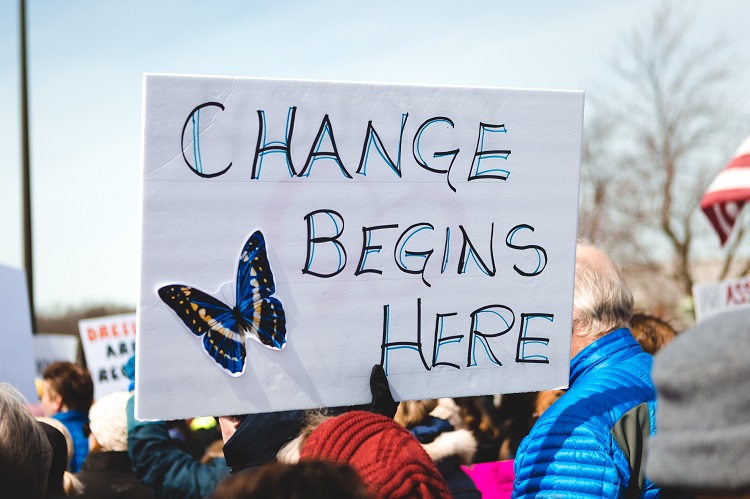Like most kids, I read Lois Lowry’s “The Giver” in middle school. I still remember how unsatisfied I was with the ending. (Spoiler Alert!) I may have even tossed my paperback across the room, because Jonas and the baby he’s rescuing just pedal off into a snowstorm, and it was utterly ambiguous as to what happened to them. I thought Jonas was dying from frostbite and hallucinates about happiness as he dies, but Wikipedia quotes Lowry as saying it’s not a hallucination. Jonas finds happiness.
Well, thanks for that, Lois Lowry. You ruined my childhood, and now I find it was all my fault.
But now there’s a chance for me to retry Jonas’s story, because “The Giver” opens in theaters this weekend.
For the culturally deprived, who are not yet acquainted with the Newbery Award-winning story, “The Giver” at first appears to be about utopia. But, somewhat like “Hunger Games” or “Brave New World,” it’s about a dystopia where people—in an attempt to keep themselves from pain—have kept themselves from feeling entirely. There may be no risk, but there’s also no adventure. There’s no sorrow, but also no love.
https://www.youtube.com/watch?v=eTspwR5dEEk
Apparently the movie, as movies usually do, departs from the book in a number of places, with Lowry’s consent, the president of the film’s production company said in a recent interview.
A central addition is the figure Meryl Streep plays, an Elder, who helps control the community. She enlarges what is a quieter theme in the book: “When people choose, they choose wrong.” So, in an attempt to remove evil, Jonas’s world has chosen to eliminate choice.
[pq]God decided a world without choice was a world without love.[/pq]
This is clearly something many real people believe—if not as explicitly as Streep’s character, than implicitly. It’s why many want to reduce people’s freedoms, their choices. Because when people have freedom, we often misuse it. If parents are the ones responsible for feeding their children, some parents (very few, but still some) won’t. If teachers are allowed to choose what they’ll teach kids, some won’t choose very well. If people can choose what job they’ll pursue or company they want to start, some will hit a dead end.
So Jonas’s world has decided to reduce choice. Our leaders seem to be on the same path.
But this all makes me think of the time when—or perhaps it was outside of time—God decided whether to give Adam and Eve the power to choose wrongly, too. And He decided a world without choice was a world without love. I don’t entirely understand why he put the Tree of Knowledge in the Garden of Eden, but he did. He made people free, knowing it would result in terrible decisions, and knowing His Son would ultimately have to pay for those terrible decisions in the most brutal way imaginable.
In other words, God, unlike the Elders in his imaginary world, decided freedom wasn’t freedom unless people could make bad decisions and, even so, freedom was still worth its terrible price. Jonas ultimately also chooses the same. What about the rest of us?



